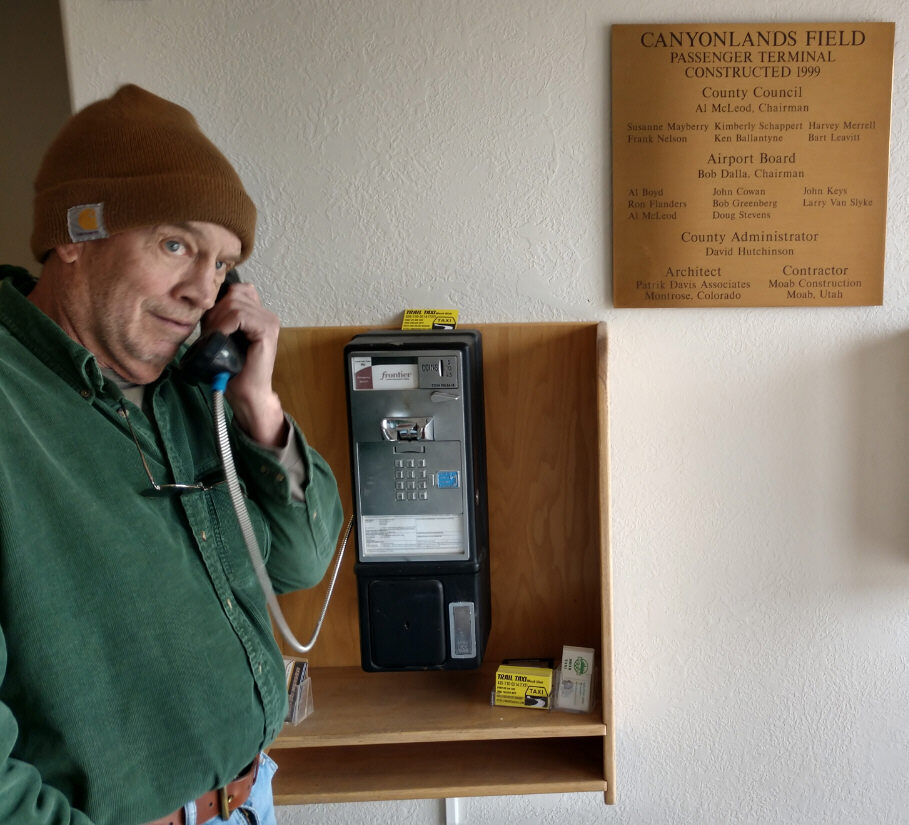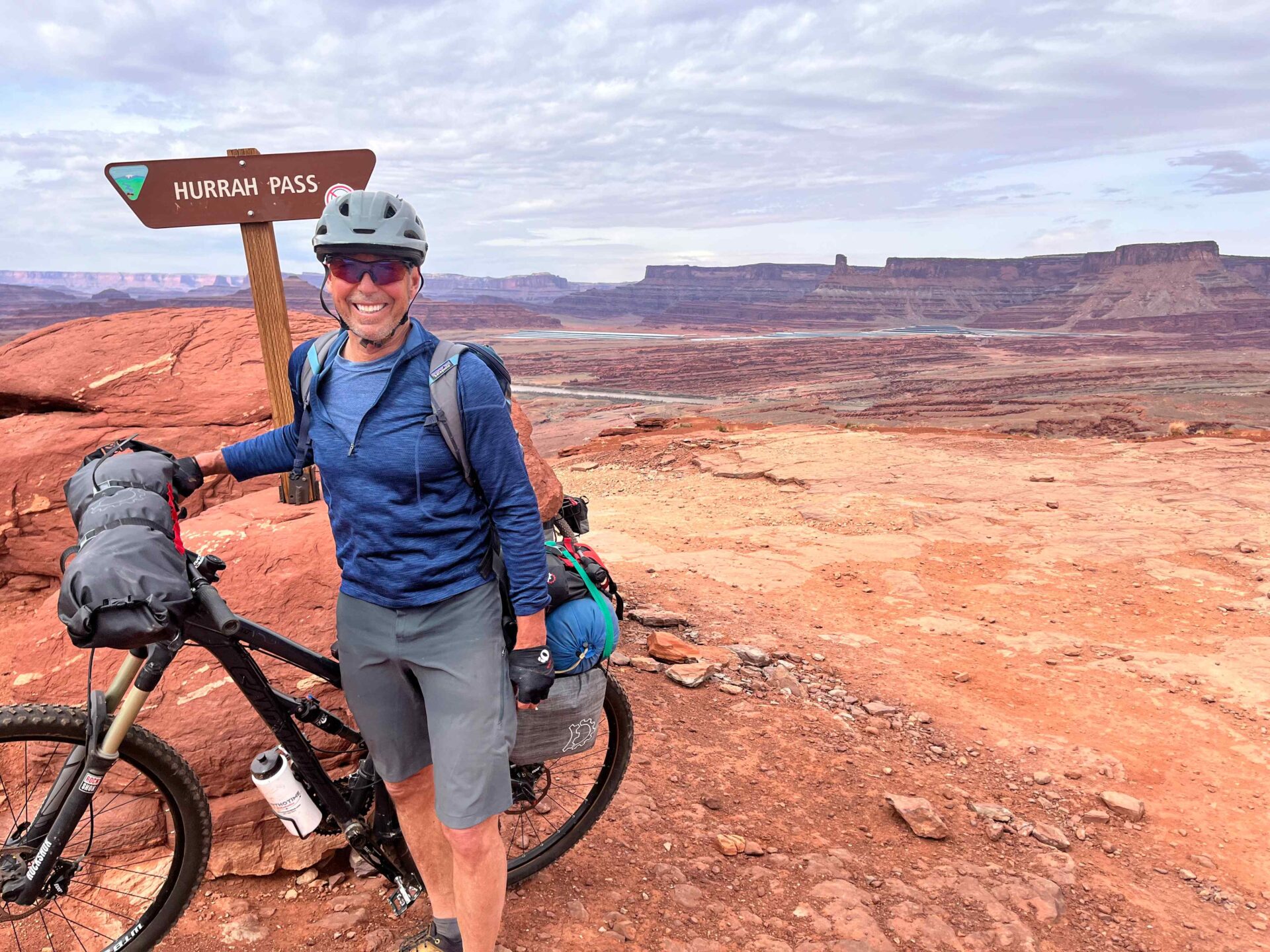John Cowan, a true renaissance man, was put on this earth by John and Marian Faustman on May 17, 1950, in Baltimore, Maryland. John’s parents ran a traveling marionette show and even had a patent for a hand puppet approved just a few months after his birth. The family moved to Chicago and then to Appleton, Wisconsin. The marionettes built for their traveling show can still be seen today at the International Puppetry Museum in Pasadena, California.
John left Wisconsin to go to the University of Colorado in Boulder, Colorado, where he found a love for geology. John moved to Nebula Farm north of Boulder, where he became a horticulturist building a garden with his wife-to-be and the mother of his only son. Around this time, he also acquired a 1903 Bush and Gerts piano on which he would practice Maple Leaf Rag and other songs by Scott Joplin.
John became a luthier at NBN Guitars, crafting guitars, banjos, mandolins and cases for many musicians, including the famous Leo Kottke. While creating cases for these finely built instruments, John came up with a name that would stick with the company for years—‘The Justin Case Company,’ a sign of John’s comedic character.
John moved to Steamboat Springs, Colorado, for a short time prior to settling in the Roaring Fork Valley. He worked at the Great Divide Music Store in Aspen, Colorado, as the resident luthier stringing and repairing instruments. As his passion for woodworking grew, he bought land near Basalt and began a timber frame building. While building this old world-style post-and-beam home, John opened Sunrise Woodworks, where he would go on to create the finest woodwork in the Roaring Fork Valley.
John began learning to fly, starting ground school in Aspen, where he took lessons alongside John Denver. The Rocky Mountains is considered extreme terrain, yet John danced through the sky as if it was second nature. He could see the geology of the areas he explored with a newfound appreciation for the land.
During his 30 years living in Moab, he relished serving as both a scenic and jump pilot. John was a treetop flyer and sometimes had to make his own runways during times when there was extreme flooding. He received top scenic flight reviews in part because he discussed the geology of the area with guests while piloting, which was not common at the time. John would go on to serve as the treasurer of the Canyonlands Field Airport Board and was the director of security at the Moab Airport during the 9/11 attack. With his love for the community, John gathered his friends from the Aspen Airport, which housed one-of-a-kind warplanes, and held the first airshow in the Moab region.
A true outdoorsman, John also led group and solo boating trips from Cataract Canyon. In 1999, he organized a trip down the Grand Canyon during the Y2K crisis, not knowing if all world’s computers crashed until they came out of the canyon a month and a half later.
John felt a desire to reconnect with his love for woodworking again. He bought land in Moab and worked alongside his son to build the only timber frame home in the Grand County area. John re-established his woodshop and created the spiral staircase that can be seen in the game room at the Sorrel River Ranch. He also built a three-story freestanding circular staircase in a one-story workshop; this staircase is a true masterpiece showcasing his level of algebraic and mathematic abilities in addition to many other skills.
John’s work can also be seen in the Moab Museum, where he restored items in its paleontology collection. He discovered numerous dinosaur tracks, including the Mill Canyon Dinosaur Track site in 2009. John shared his finding of the dromaeosaurid trackway and helped author many scholarly articles with paleontologists from C.U. Boulder. He was the first to present this major discovery to the scientific community. [See coverage in the Moab Sun News article “Major dinosaur track site discovered,” Aug. 27, 2014 edition. -ed.] John was instrumental in closing a nearby local county road to preserve this special historical site.
Most recently, John operated a bed and breakfast and took great pride in hosting. In addition, one could catch John cultivating his garden or working on home renovations. If you were in the neighborhood, you could hear him strumming his banjo or playing the piano.
John enjoyed relaxing outside with his dog, Murphy, and spending time with his son, Jonathan, who carries on his legacy. John’s favorite moments were laughing, coming up with new ideas, showing friends how to play banjo and guitar, working in the garden or woodshop and exploring new areas of the desert mountain landscape.
John Cowan’s brilliance and kindness will be missed dearly. Please take a moment to remember him when you enter the Canyonlands Field Airport, where his spirit will always soar. His name can still be seen on a plaque next to the old payphone as you enter the main terminal.
At John’s request cremation has taken place and a private service will be held at a later date.
Condolences may be sent to the family at www.spanishvalleymortuary.com.




